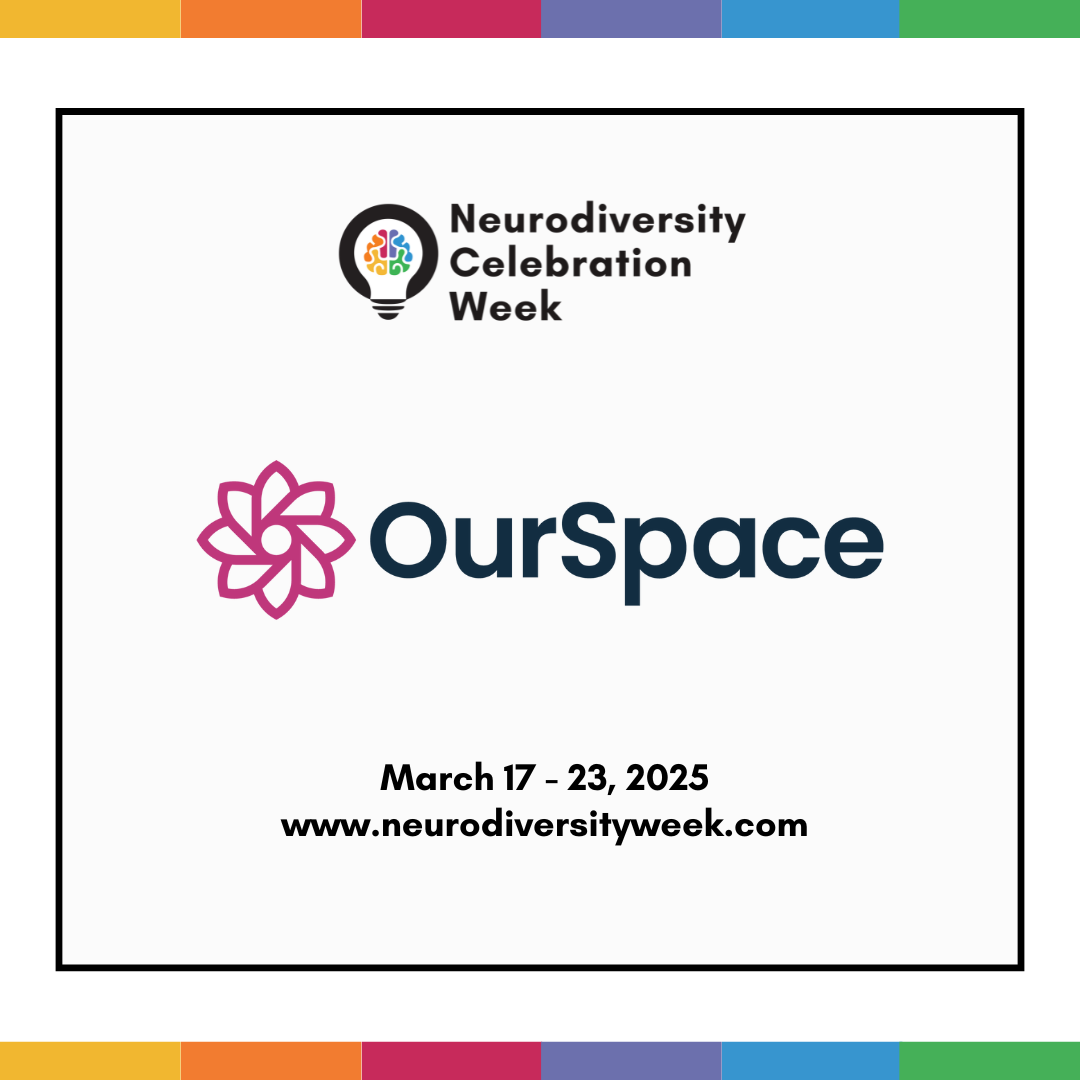Empowering Neurodiversity in the Workplace
Join Professor Amanda Kirby as she chairs a discussion on fostering an inclusive workplace for neurodivergent individuals and discusses the latest findings from the latest City and Guilds Neurodiversity Index for 2025.
